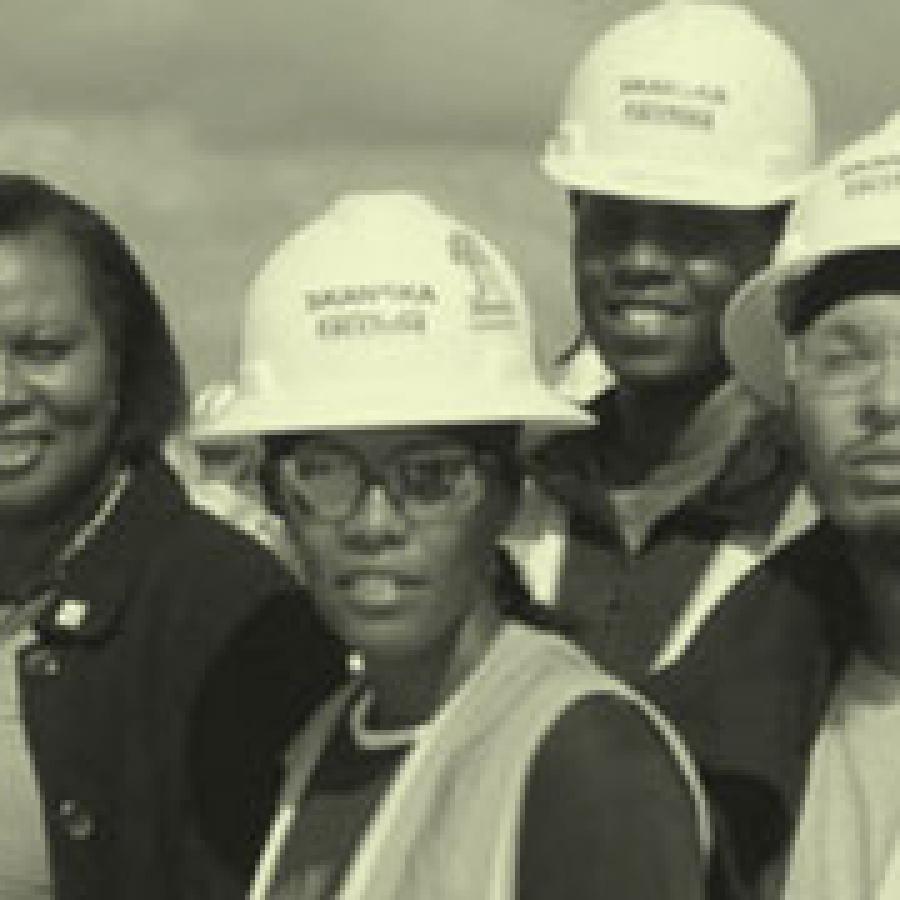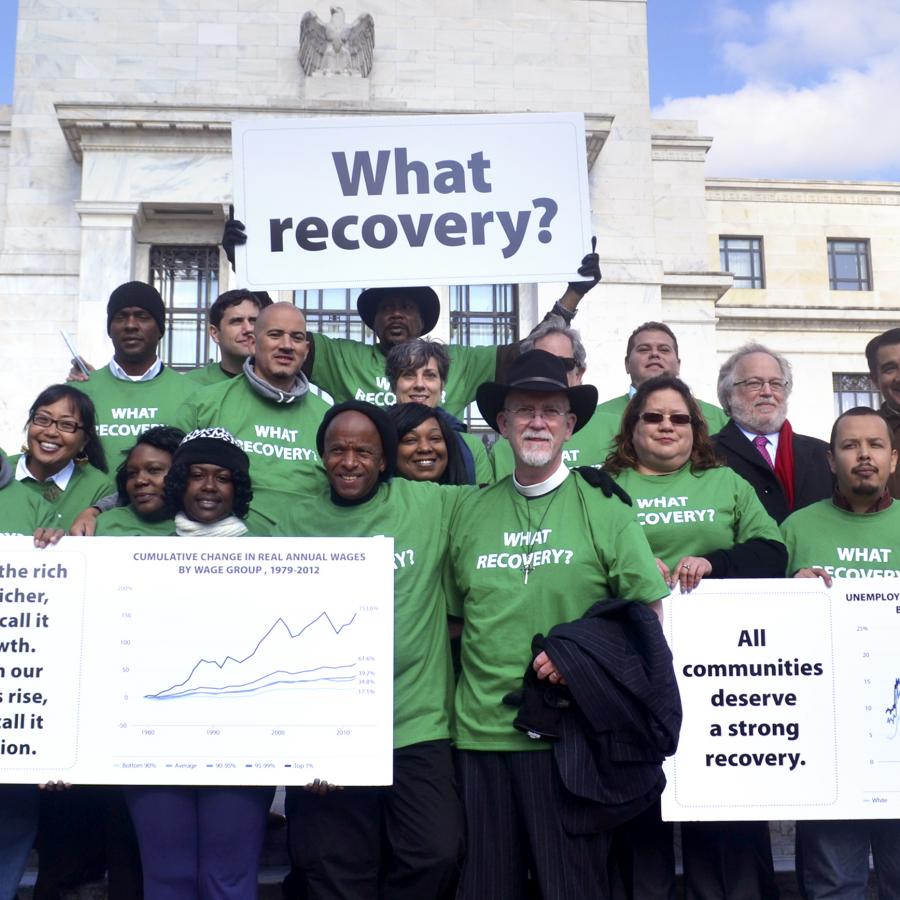Future-ready jobs: Connecting all workers to jobs that are well-compensated, stable, and resilient to automation is key to achieving workforce equity.
Insights & Analyses
- We define future-ready jobs as those that are stable or growing, automation-resilient, and provide living wages. Overall, just 36 percent of workers in the United States have a future-ready job. While most workers are employed in occupations that are stable or growing, less than half of the workforce is in occupations that are resilient to automation and pay living wages.
- Future readiness varies widely by the educational requirements of occupations. Only 2 percent of jobs that require no more than a high school diploma are considered future ready, compared with 78 percent of jobs that require a bachelor’s degree.
- Racial disparities persist even when controlling for educational requirements. For instance, among all workers in occupations requiring an associate’s degree, less than 30 percent of Latinx and Pacific Islander workers hold future-ready jobs. Comparatively, 38 percent of white workers are in future-ready jobs.
- The future readiness of jobs is geographically uneven. Close to half of the jobs in the District of Columbia are considered future ready, compared to just 16 percent of the jobs in Hawaii.
Drivers of Inequity
Labor markets change over time, as all industries are subject to ever-shifting political conditions, advancements in knowledge, and social norms. Technological progress has expanded the opportunities available to some sectors and workers while rendering other sectors and occupations obsolete. This leaves some groups of workers significantly more vulnerable to job displacement driven by changing market conditions and technological advancements. Due to longtime historical practices of exclusion in housing, employment, and education, many workers of color are overrepresented in jobs that are low wage and nonunionized, performed on a contract basis without the full labor protections of regular employment, and/or susceptible to being eliminated by automation. When working-class families are unable to build stable financial foundations due to the precarity of available job opportunities, longstanding class hierarchies persist and worsen.
Strategies
Grow an equitable economy: Policies to reach full employment for all
-
Invest in robust, disaggregated data collection and reporting systems and utilize granular insights on differential outcomes to drive systems change.
-
Grow new good jobs by making smart investments in infrastructure projects, supporting economic development strategies to grow high-opportunity industries, and helping entrepreneurs of color start and scale up their businesses.
-
Reduce employment barriers for people with records by "banning the box" — eliminating questions about conviction history on job applications (for private as well as public employers).
-
Connect unemployed and underemployed workers to the jobs created by new development through targeted local hiring, community workforce agreements, and community benefits agreements.
-
Invest a portion of infrastructure investments in job training.
-
Implement sector-focused workforce training and placement programs and apprenticeships that create pathways to good jobs for workers with barriers to employment.
-
Invest in innovative training and credentialing models that democratize the economic benefits of a bachelor’s degree to a wider swath of the workforce, such as paid-on-the-job training and portable, stackable credentials and microcredentials to facilitate upward career transitions.
-
Enact strong language access policies requiring interpretation and translation services for English-language learners and facilitate naturalization among green card holders.
-
At the federal level, institute a federal jobs guarantee, dedicate 1 percent of infrastructure investments to a fund for inclusive job and contracting supports, set aside a share of public contracts for businesses owned by people of color to mirror area demographics, reform the Community Reinvestment Act to expand access to fair financial products and services for entrepreneurs of color, and ensure that releases from federal prison receive essential identification documents to support job attainment.
Strategy in Action
Per Scholas is a national organization that works to advance economic equity by providing no-cost training for technology careers. Operating in more than 20 metropolitan areas across the nation, Per Scholas partners with tech employers, policymakers, and community-based organizations to create tech career pathways for program participants and support increased diversity in the tech sector. In addition to focusing on hands-on technical skills development, its curriculum includes professional skills learning to prepare job seekers for success in the labor market. In 2023, 87 percent of the organization’s program participants were people of color, and 43 percent were women. And in that year, over 2,600 graduates went on to secure jobs with an average annual salary of $48,000. To date, more than 25,000 people have graduated from Per Scholas’ training program. Read more.
Photo: Per Scholas

Resources
- Reports: Race and the Work of the Future: Advancing Workforce Equity in the United States; How Covid-19 Is Affecting Black and Latino Families’ Employment and Financial Well-Being; 10 Principles for a Federal Job Guarantee; Exploring Targeted Hire; Despite Continued Job Growth, Long-Term Unemployment Persists; Hiring Bias Black And Latino People Face Hasn't Improved In 25 Years
- Data: Opportunity Insights Economic Tracker (Low-Income Employment); Metro Monitor; State of Working America; Understanding Long-Term Employment



